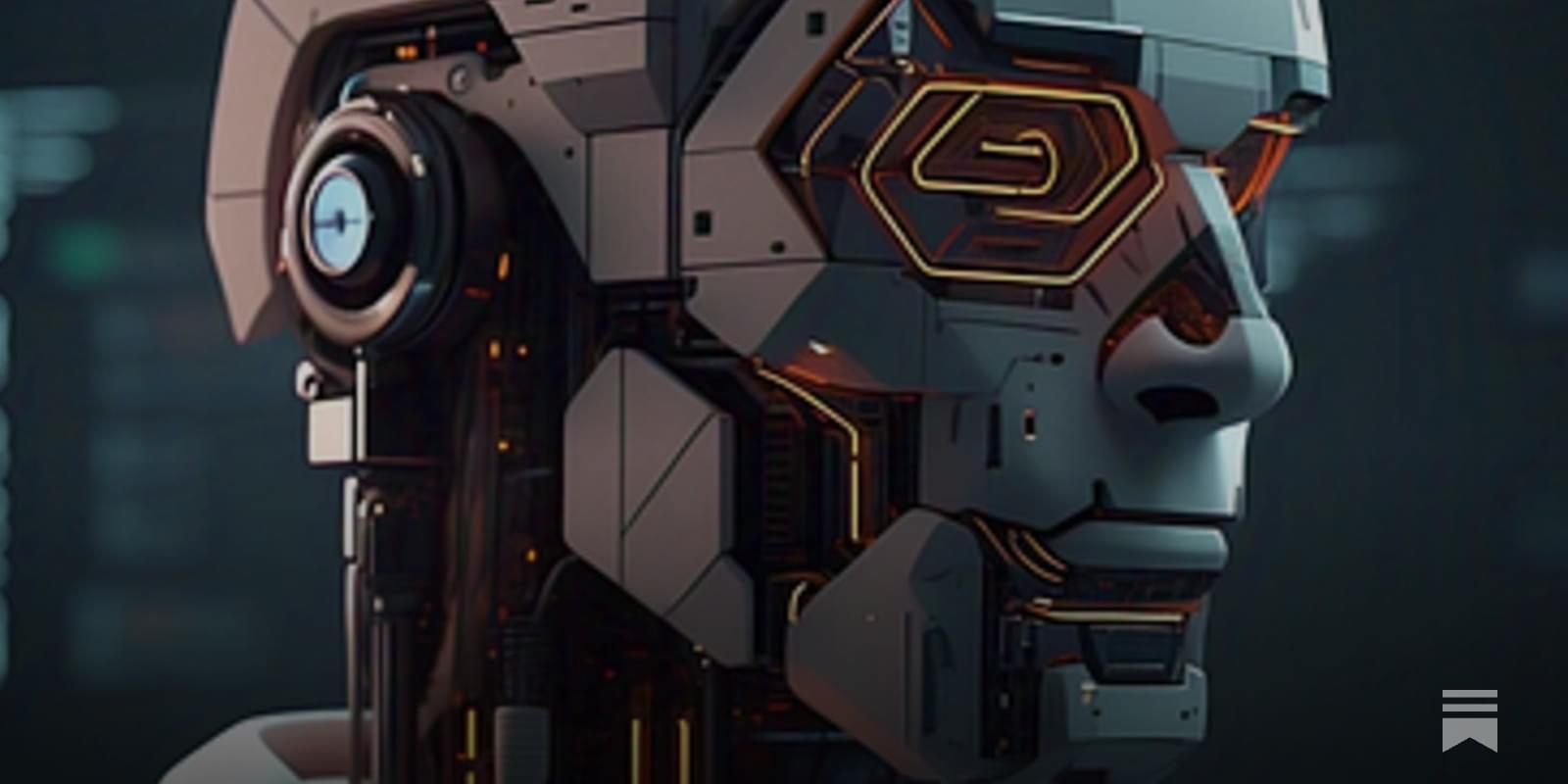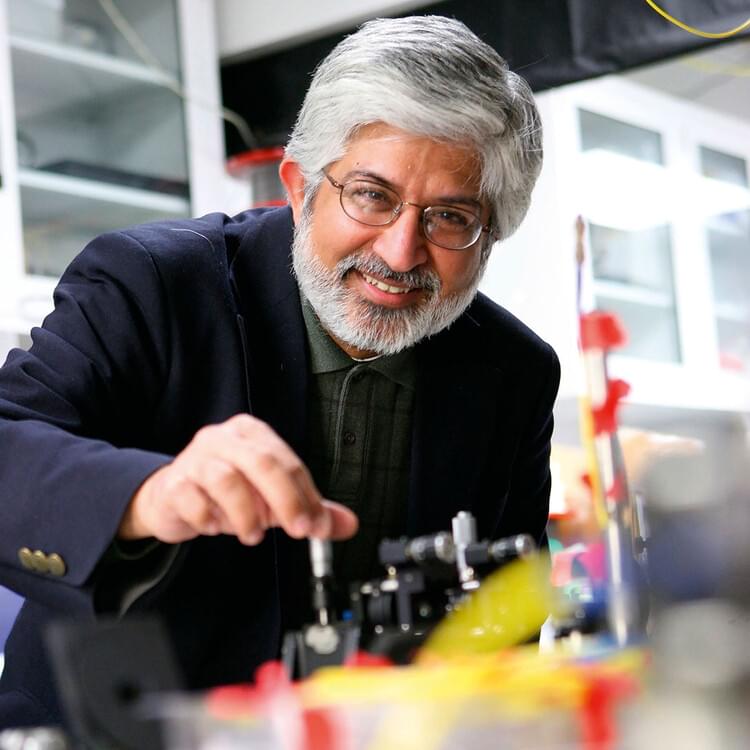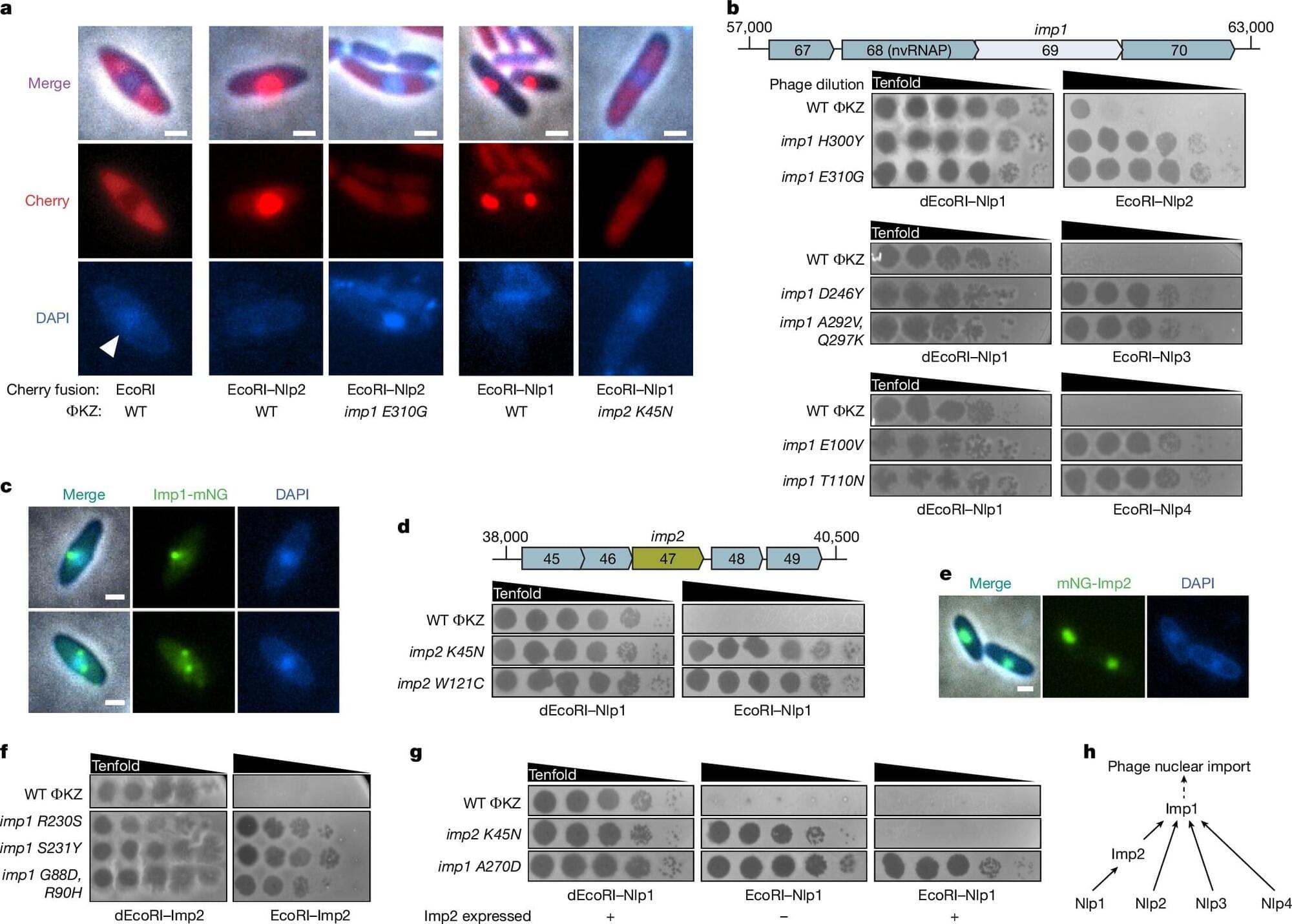In today’s AI news, Google launched its much-anticipated new flagship AI model, Gemini 2.0 Pro Experimental, on Wednesday. The announcement was part of a series of other AI model releases. The company is also making its reasoning model, Gemini 2.0 Flash Thinking, available in the Gemini app.
In other advancements, LinkedIn is testing a new job-hunting tool that uses a custom large language model to comb through huge quantities of data to help people find prospective roles. The company believes that artificial intelligence will help users unearth new roles they might have missed in the typical search process.
S Deep Research feature, which can autonomously browse the web and create research reports. ‘ + s up from hitting $50 million ARR, or the yearly value of last month s case for why they are the best positioned to take over TikTok And, in this episode, a16z Partner Marc Andrusko chats with Mastercard’s Chief AI and Data Officer Greg Ulrich about Mastercard’s long history of using AI, the opportunities (and potential risks) associated with integrating generative AI into fraud detection, determining what tech to employ based on use cases, and the best advice he’s ever gotten.
Then, power your AI transformation with an insightful keynote from Scott Guthrie, Executive Vice President, Cloud + AI Group at Microsoft, and other industry experts. Watch this keynote presentation from NYC stop on Microsoft’s AI Tour.
We close out with this insightful discussion with Malcolm Gladwell and Ric Lewis, SVP of Infrastructure at IBM. Learn how hardware capabilities enable the matrix math behind large language models and how AI is transforming industries—from banking to your local coffee shop.
Thats all for today, but AI is moving fast — like, comment, and subscribe for more AI news! Please vote for me in the Entrepreneur of Impact Competition today! Thank you for supporting my partners and I — it’s how I keep Neural News Network free.
[](https://open.substack.com/pub/remunerationlabs/p/google-laun…hare=true)




